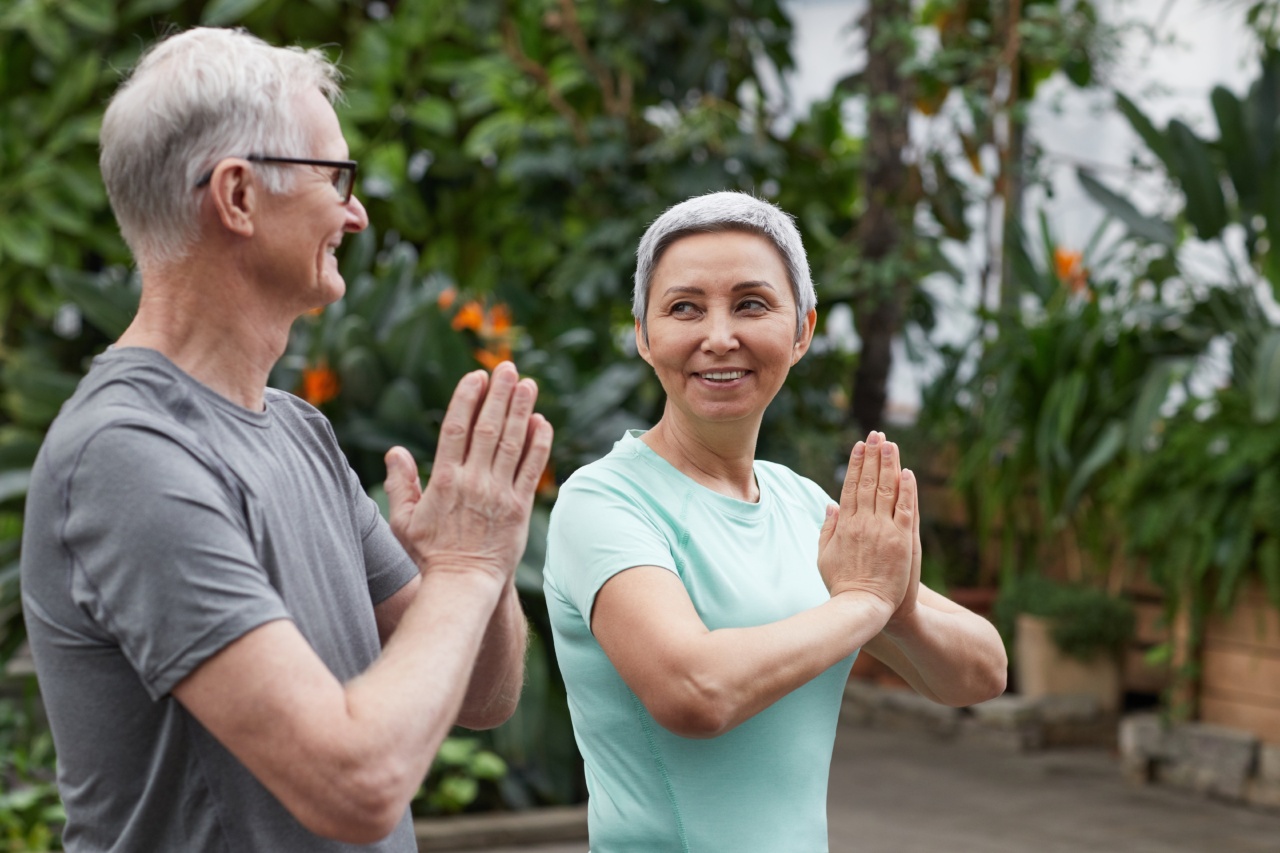As individuals age, maintaining balance becomes increasingly challenging. Falls among older adults are a major health concern, leading to a range of injuries and even fatalities.
Equilibrius, a new innovative program, aims to enhance balance and reduce falls among older adults through a multi-faceted approach. This article explores the importance of balance for older adults, the factors contributing to falls, and how Equilibrius can effectively address these issues.
The Importance of Balance for Older Adults
Balance plays a crucial role in maintaining independence and quality of life for older adults. It allows them to perform daily activities with ease, such as walking, climbing stairs, and reaching for objects.
However, natural aging processes, along with various health conditions and medications, can negatively impact balance, making older adults more susceptible to falls.
Factors Contributing to Falls
Multiple factors contribute to falls among older adults. These include:.
1. Muscle Weakness and Loss of Flexibility
As individuals age, they experience a natural decline in muscle strength and flexibility. This can make it harder to maintain balance and recover from potential falls.
2. Sensory Changes
Vision and hearing impairments can affect an older adult’s perception of their surrounding environment, leading to misjudgment and an increased risk of falls.
3. Medications
Some medications commonly prescribed to older adults may have side effects that impact balance and coordination. Dizziness and drowsiness are two common side effects that can increase the likelihood of falls.
4. Chronic Health Conditions
Conditions like arthritis, Parkinson’s disease, and stroke can impair balance and increase the risk of falls among older adults.
5. Environmental Hazards
Poor lighting, cluttered pathways, and slippery surfaces can create hazardous conditions that contribute to falls among older adults.
Equilibrius: Enhancing Balance and Reducing Falls
The Equilibrius program is designed to address the aforementioned factors contributing to falls among older adults. It offers a comprehensive approach that includes:.
1. Physical Exercise
A tailored exercise program focusing on strengthening muscles, improving flexibility, and enhancing balance can significantly reduce the risk of falls. Equilibrius provides guided exercises specifically designed for older adults.
2. Sensory Training
Equilibrius includes sensory training exercises to help older adults improve their vision and hearing abilities. These exercises aim to enhance perception, thus reducing the chances of misjudgment and falls.
3. Medication Review
A thorough review of medications by healthcare professionals can identify potential side effects that impact balance. Equilibrius ensures that older adults are taking appropriate medications and minimizes any adverse effects.
4. Disease Management
The Equilibrius program offers support for managing chronic health conditions that affect balance. Customized strategies and interventions are provided to help older adults better manage their conditions and reduce the risk of falls.
5. Home Safety Assessment
Equilibrius includes a comprehensive assessment of the home environment to identify and address potential hazards. Recommendations for modifications like adequate lighting, handrails, and removal of clutter are made to enhance safety.
Conclusion
Falls among older adults are a significant health concern, but they are not inevitable. Equilibrius offers a holistic approach to enhance balance and reduce falls among older adults.
By addressing multiple contributing factors, it aims to improve the overall well-being and independence of older adults, enabling them to lead safer and more fulfilling lives.





























